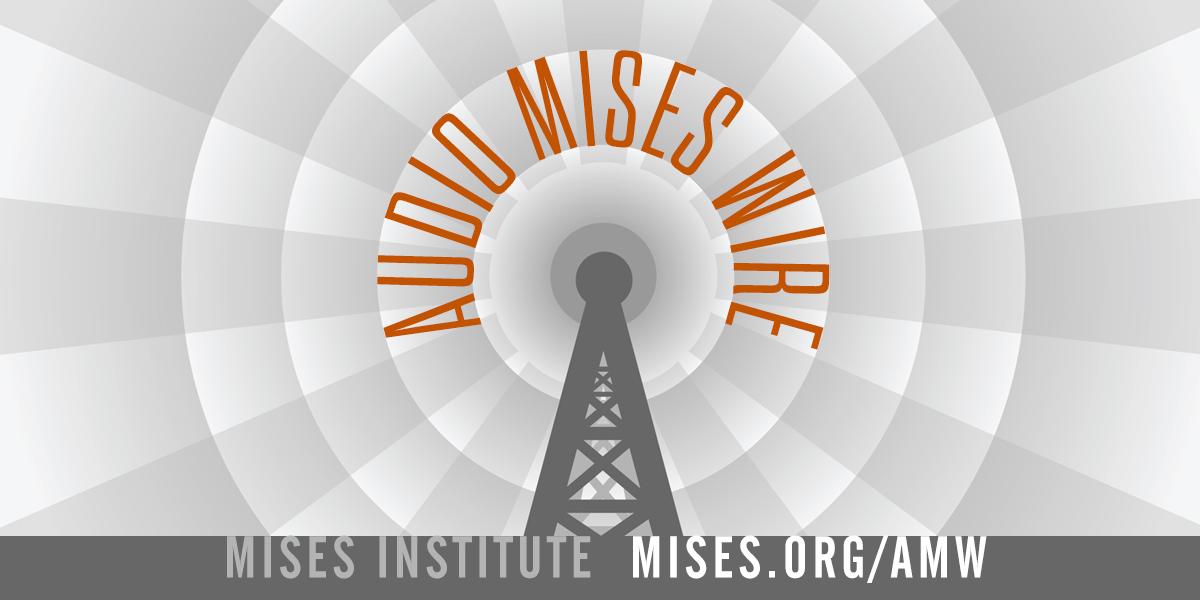Understanding Slavery and the Concept of Collective Guilt | Mises Institute
The Mises Institute is a prominent non-profit organization dedicated to advancing the principles of the Austrian School of economics, rooted in the libertarian philosophies of Ludwig von Mises and Murray N. Rothbard. With a clear commitment to individual freedom, the organization advocates for a free-market approach that emphasizes the importance of private property rights. The Mises Institute’s mission includes fostering education and research that align with its core beliefs, aiming to shift the intellectual discourse toward a focus on liberty and away from state control. By promoting these ideas, the Institute seeks to influence both academic scholarship and public opinion, reinforcing the idea that a free, voluntary society is preferable to one governed by coercive state interventions.
Central to the Mises Institute’s philosophy is the idea that the economic and social order should be based on voluntary exchanges and respect for individual rights. It views government intervention as detrimental to both economic efficiency and personal freedoms, arguing that such interventions often lead to undesirable outcomes, such as inefficiency, corruption, and a diminishment of individual liberties. The organization also places great importance on honest historical analysis, emphasizing a truthful recounting of economic and political events as a basis for future policy-making. This commitment to a non-partisan and non-political approach allows the Mises Institute to focus purely on its foundational ideas and to challenge prevailing narratives that may distort the capitalist ethos.
The Institute operates with a vision that extends beyond merely championing economic theories; it advocates for a broader cultural shift away from collectivism and towards a society grounded in personal responsibility and voluntary cooperation. By rejecting popular political trends and movements that compromise on these ideals, the Mises Institute underscores the importance of maintaining a consistent theoretical framework. The organization believes that blending its foundational ideas with contemporary political doctrines—which it perceives as antithetical to the principles of individual freedom—weakens the overall impact of its message. Therefore, it remains steadfast in promoting a pure interpretation of Austrian economics.
Educating and disseminating knowledge is pivotal for the Mises Institute. The organization engages in various activities, including publishing academic papers, hosting conferences, and producing educational content such as webinars and online courses. These efforts are aimed at equipping students, scholars, and the general public with the tools necessary to understand and apply Austrian economic principles. Additionally, the Institute seeks to build a community of like-minded individuals and scholars who can engage in constructive dialogues about the application of these principles in contemporary society. This community-oriented approach fosters collaboration and encourages new generations of economists and activists to explore and advocate for the ideas of Mises and Rothbard.
In a contemporary context, the Mises Institute faces challenges from dominant narratives that favor increased government intervention and regulation. The organization actively engages in debates over these issues, asserting that the principles of the Austrian School offer viable alternatives to address modern economic and social problems. Through its outreach efforts, it aims to reshape public discourse around topics like taxation, monetary policy, and regulatory practices by grounding arguments in the traditions of individual liberty and economic freedom. The Mises Institute highlights how adherence to these principles can lead to improved societal outcomes, while dismissing the typical justifications for statism as fundamentally flawed.
Finally, the Mises Institute envisions a world where economic and personal freedoms are prioritized, and where individuals are free to pursue their interests without unnecessary interference from the state. By promoting an understanding of Austrian economics, the Mises Institute aspires to inspire a global movement towards peace and prosperity based on voluntary interactions and mutual benefit. Its ultimate goal remains a robust defense of the ideals championed by Mises and Rothbard, ensuring that these concepts endure in the face of changing societal attitudes and persistent challenges from various ideologies that favor top-down control over individual empowerment.
Share this content:












Post Comment